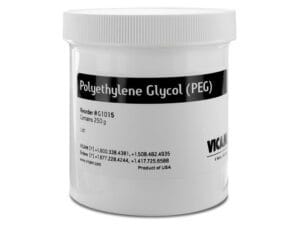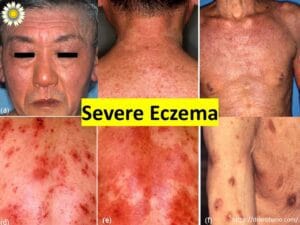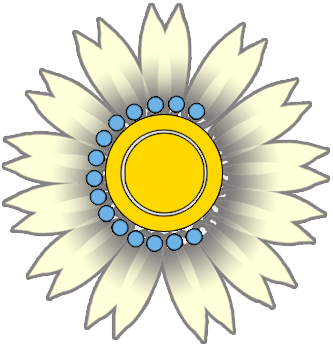Moisturizing Tips That Actually Work for Eczema Skin
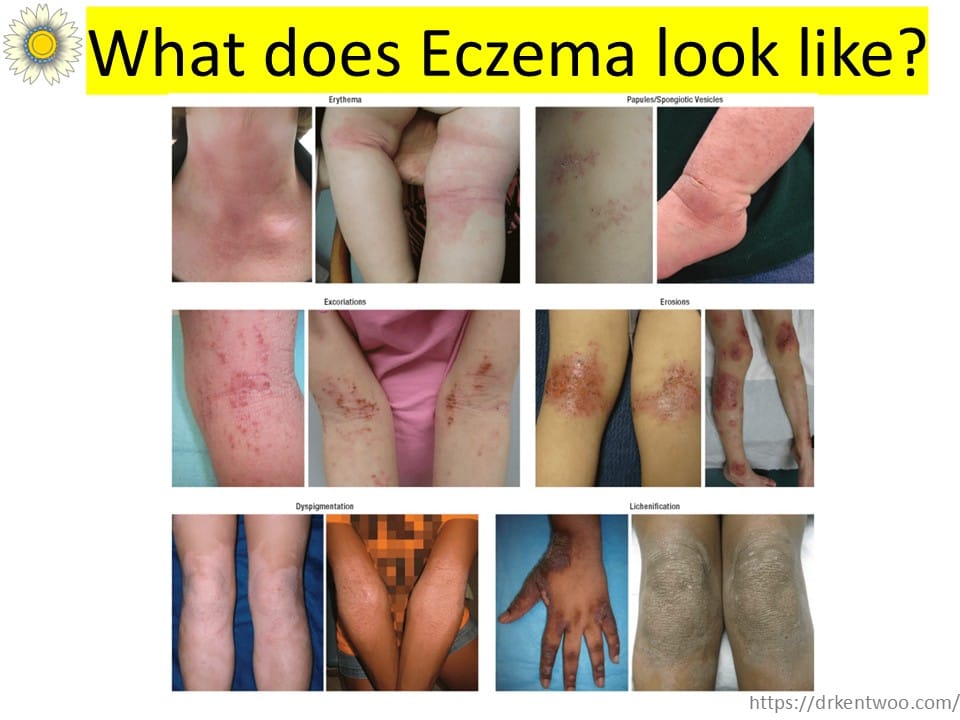
As an Allergist-Immunologist, I see a lot of children with eczema.
Some come in mild. But the majority? Quite severe.
So let me say this loud and clear: eczema is not “just dry skin.” It’s a chronic skin condition that’s often linked to allergies—and it’s a major risk factor for developing food allergies and asthma.
And no, unlike what others might say “Oh! this is a small issue that will go away.” Most cases don’t magically go away on their own without proper management.
One of the most important things you can do to manage eczema is this: moisturize like it’s your superpower.
Let me share some of the moisturizing tips I give to my patients – tried and tested in real-life eczema battles. Hopefully, they’ll help you or your child too.
1. Use the right moisturizer
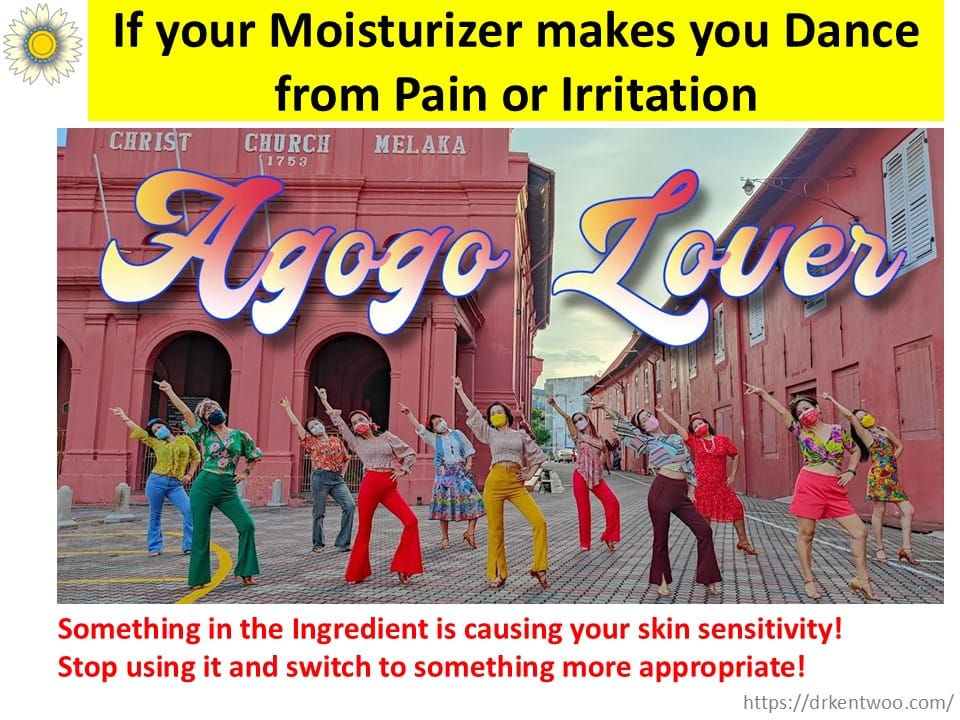
Moisturizing isn’t just about slathering something on. It’s about rebuilding the skin barrier—think of it like repairing the cracks in a brick wall to keep the irritants out and the good stuff in.
I always recommend fragrance-free, non-irritating moisturizers that are specifically made for eczema. Using the wrong product is one of the most common issues I see.
One parent told me their child started crying right after using a popular lotion. Another said their kid started jumping around from the irritation “like they were dancing the Agogo.” Yep, true story.
For those with ultra-sensitive skin, I often recommend NatureDr8. It’s organic, preservative-free, and contains eczema-friendly oils like sunflower oil and sacha inchi oil.
Plus, it has a prebiotic lipidic complex that helps support the skin microbiome—a fancy way of saying it helps good bacteria thrive on your skin to keep the bad guys out.
📌 Important Information: Do NOT use moisturizers that contain food ingredients! The eczema skin will develop allergic sensitization that will lead to food allergy.
2. When should you moisturize?
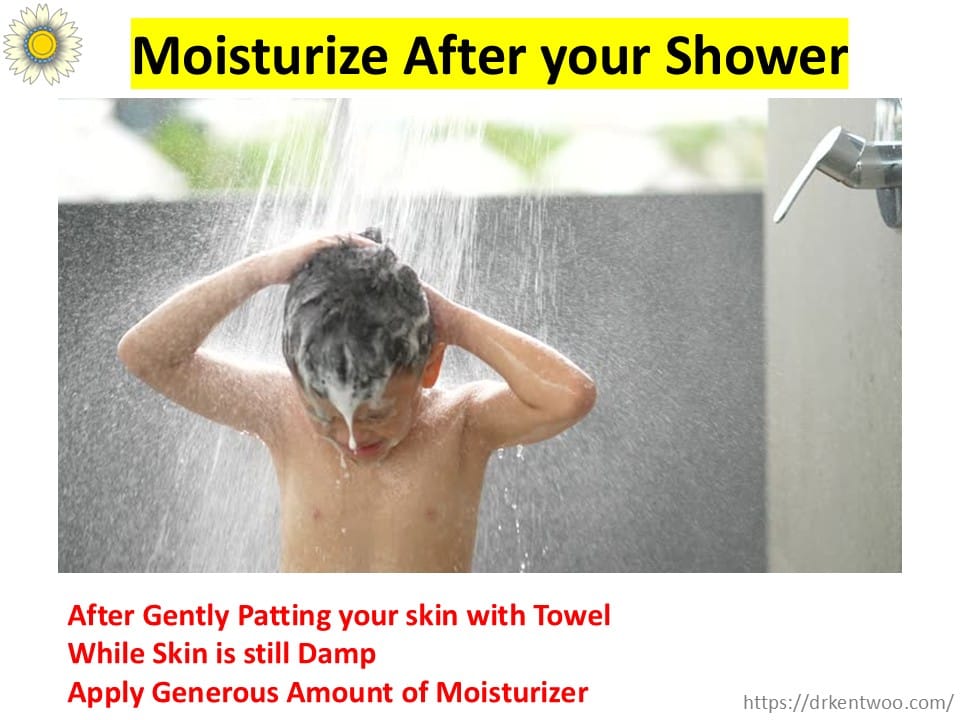
Any time is a good time—but the best time is immediately after a shower.
Here’s the routine I give my patients:
Shower in lukewarm water (not hot).
Pat dry gently (no rubbing!).
While the skin is still damp, apply moisturizer generously.
📌 Bonus tip: keep a small bottle of moisturizer with you throughout the day. If you notice dry spots, reapply.
Many will ask, Doc do I need to rinse or clean my skin before remoisturizing?
I tell them, no need to. Just keep it simple, when your skin is dry, just whip out your moisturizer and just apply it to your skin right away.
3. My skin is so dry I’m moisturizing 6x a day! Help!
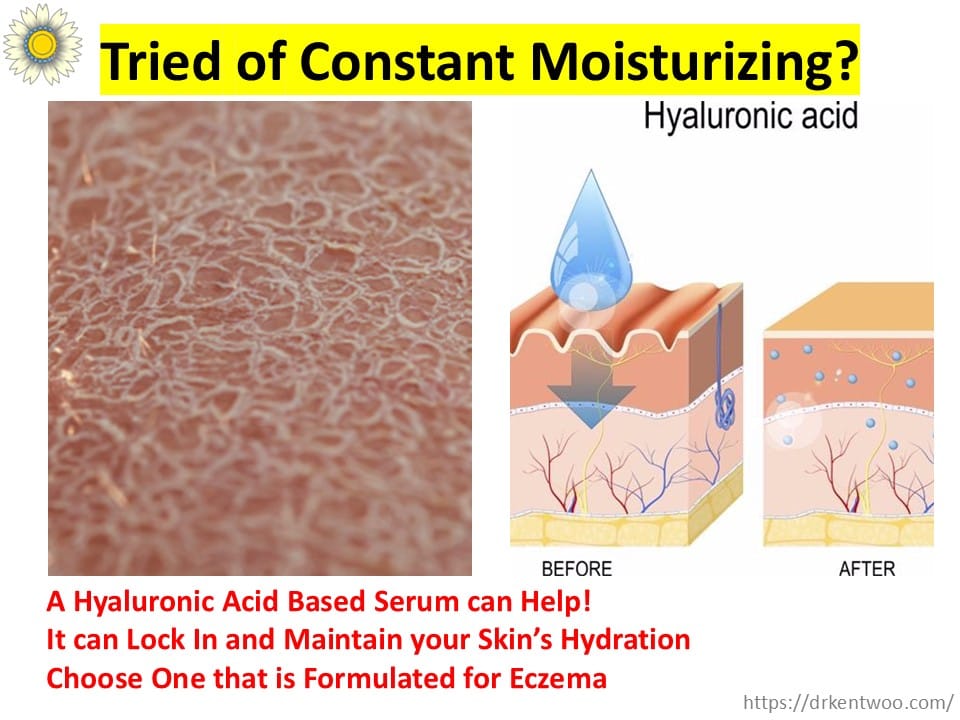
I hear this a lot. And yes – it’s exhausting. Yes, you think it is a pain in the butt.
Here’s what I recommend: add a hyaluronic acid serum before your moisturizer. My go-to is Vital DermaDr8. It contains a high concentration of hyaluronic acid to lock in moisture, plus allantoin and panthenol to strengthen the skin barrier and reduce water loss.
Apply the serum first, then seal everything in with your cream. Even my most severe cases can keep their skin comfortably hydrated using this combo twice a day.
4. Moisturizer ≠ medicine
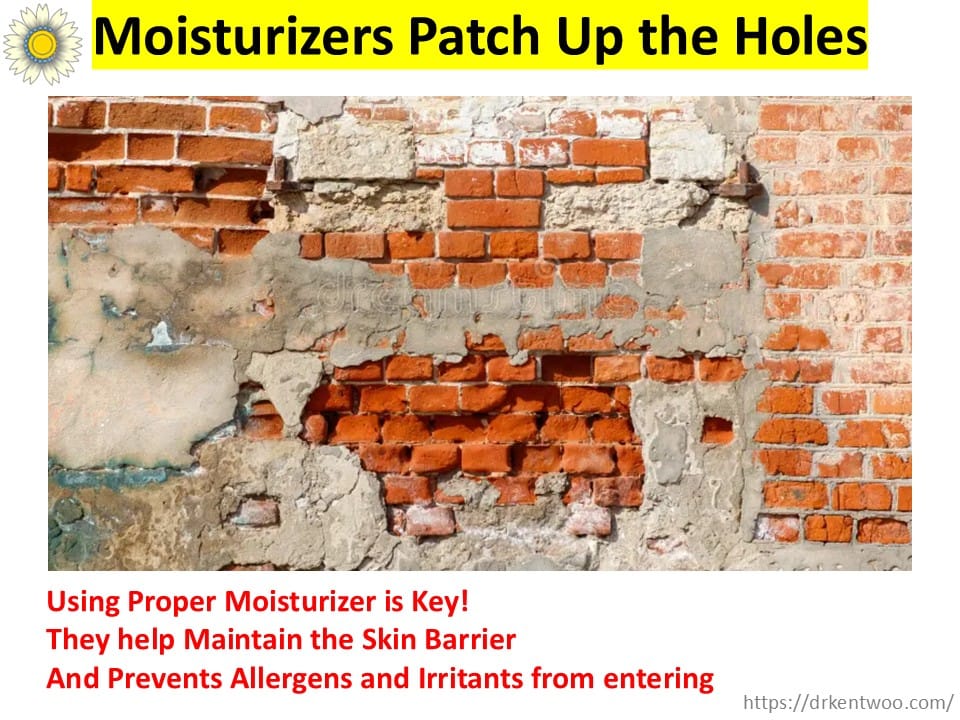
Last but not least, many eczema sufferers mistakenly think that adequate moisturizer use means that they don’t have to apply their topical medications.
Here’s the part I need to shout from the rooftops: Moisturizers help, but they don’t replace your prescribed topical medications.
If your skin has inflamed, itchy, red patches — what I call the “hot spots” you still need to apply your prescribed creams.
And yes… cue dramatic music…
If it’s a topical steroid, use it. Under medical guidance, it’s safe and appropriate.
I know steroid phobia is real. I hear it all the time. But untreated flares can lead to even worse damage—and more suffering.
That said, we do have non-steroid options too. I’m more than happy to talk through your concerns and find a treatment plan you’re comfortable with. But bottom line? Treat it we must, together.
The Way I Explain It to My Patients:
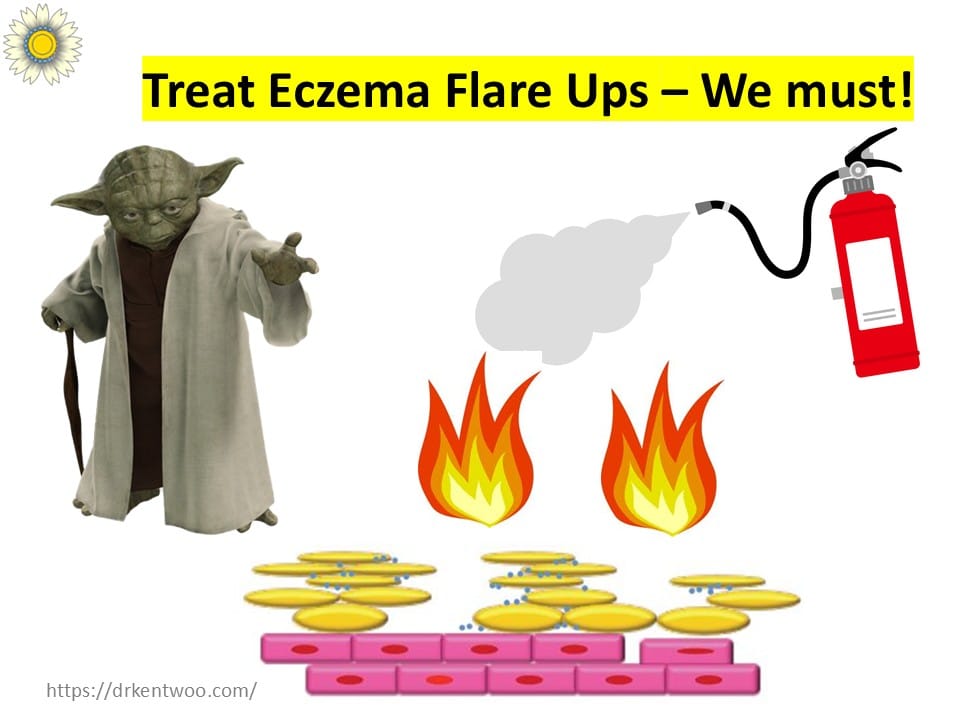
Eczema skin is like a brick wall full of holes.
Moisturizers help patch those holes and stop allergens from getting in.
But when a flare happens, that wall catches fire.
And no amount of hole-patching will help—you need a fire extinguisher.
That’s where your topical meds come in. Whether it’s steroids or non-steroidal treatments, they help put out the fire. Once the fire’s out, moisturizers keep the wall strong.
Partnering with You in Eczema Care
If you or your child is struggling with eczema, come see us. My team and I at the Allergy Immunology Clinic are here to help.
We work together to address your worries and concerns.
Because managing eczema isn’t just about prescriptions, it’s about understanding your skin and taking care of it every day.

